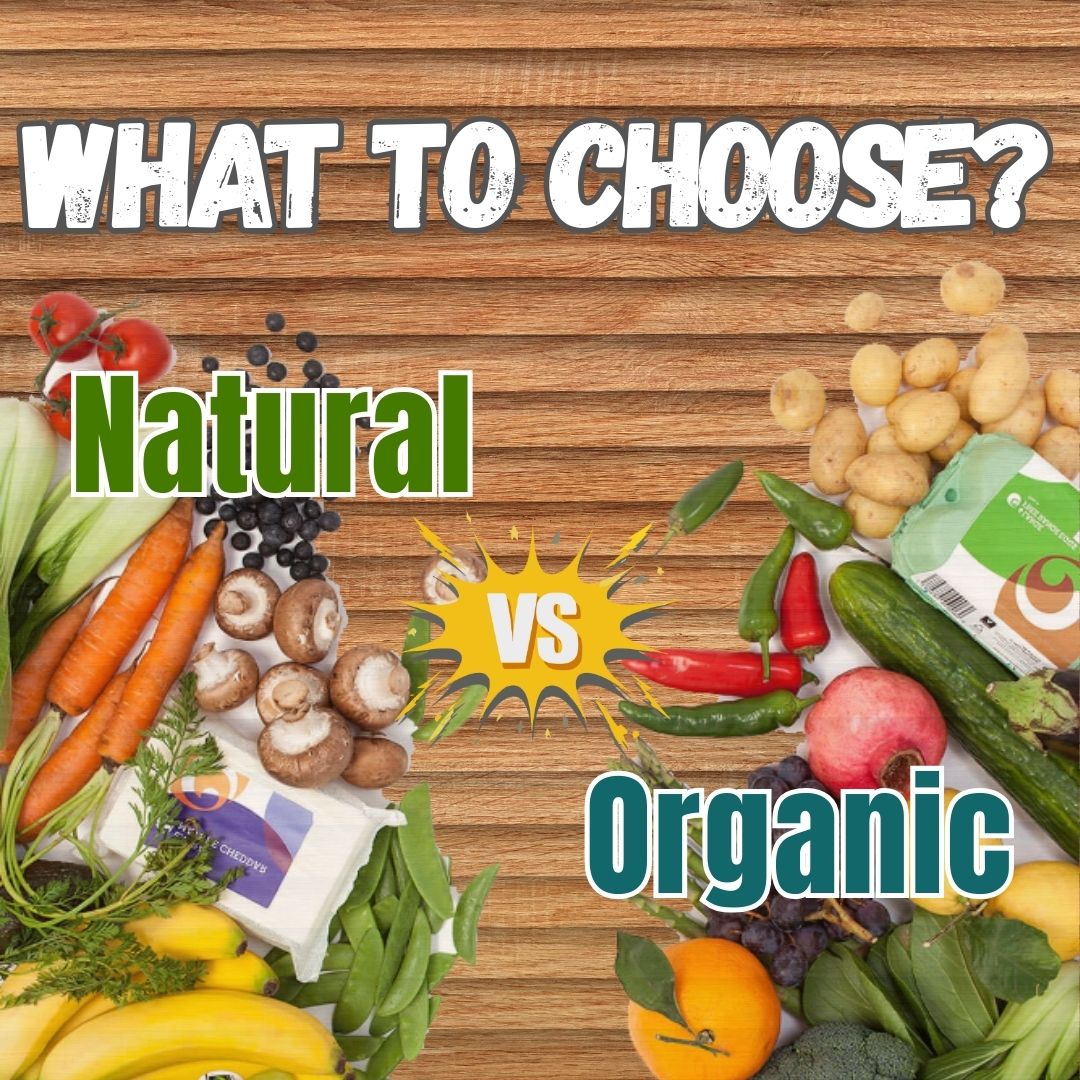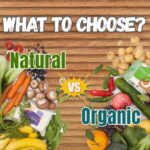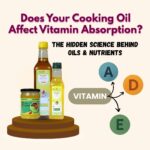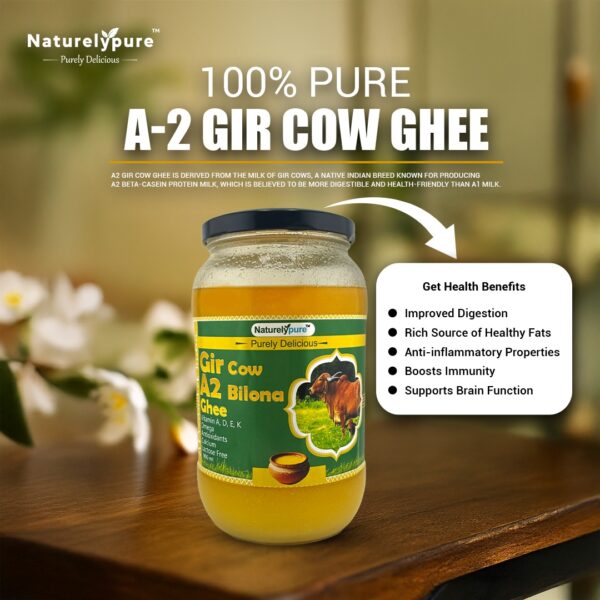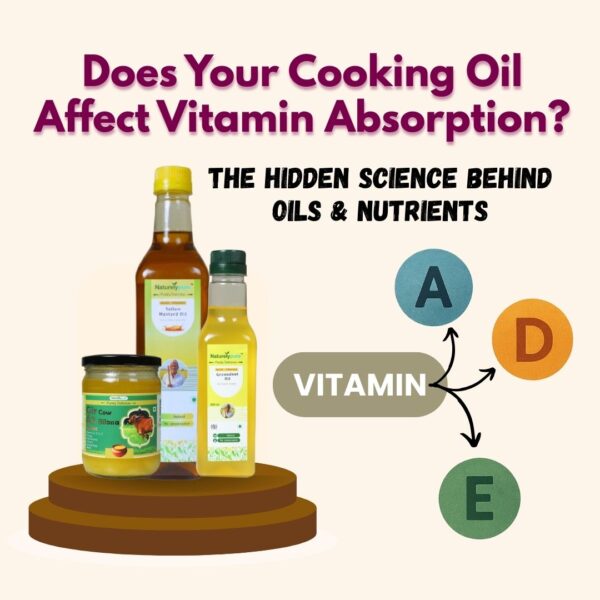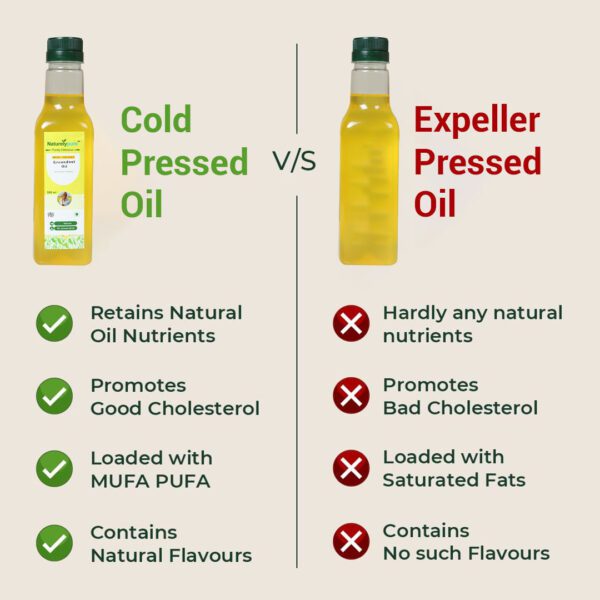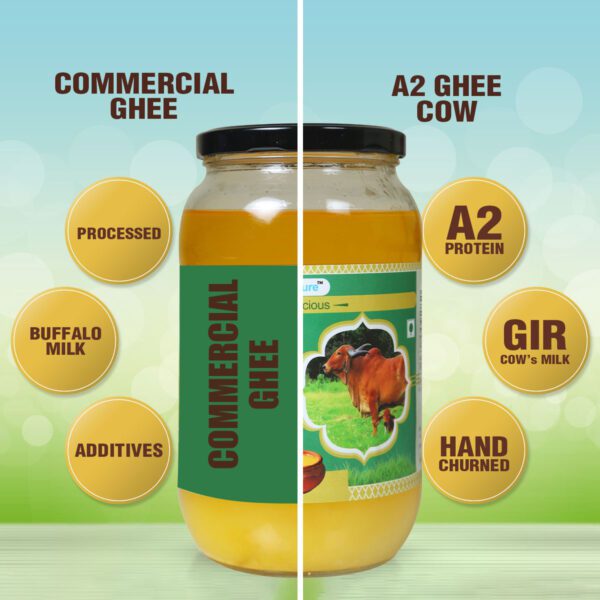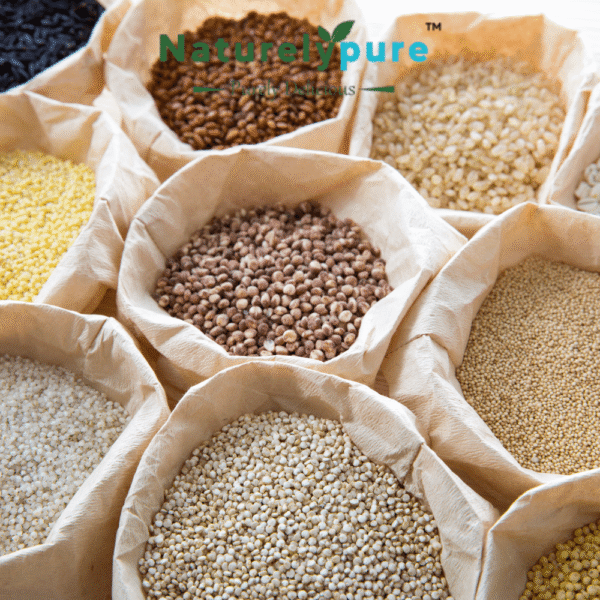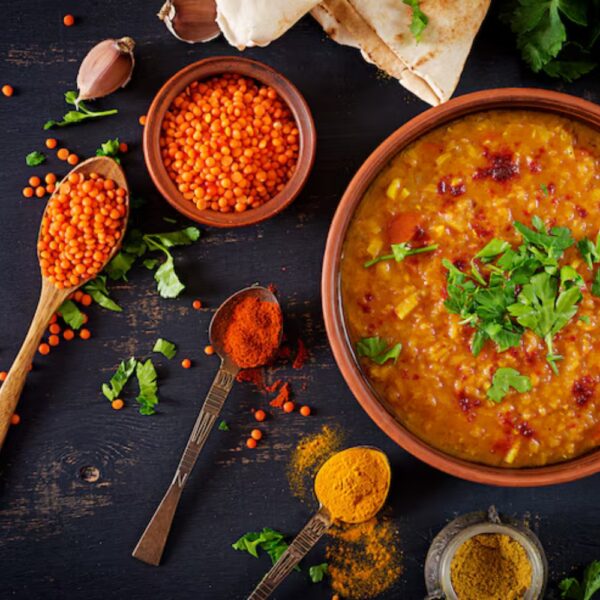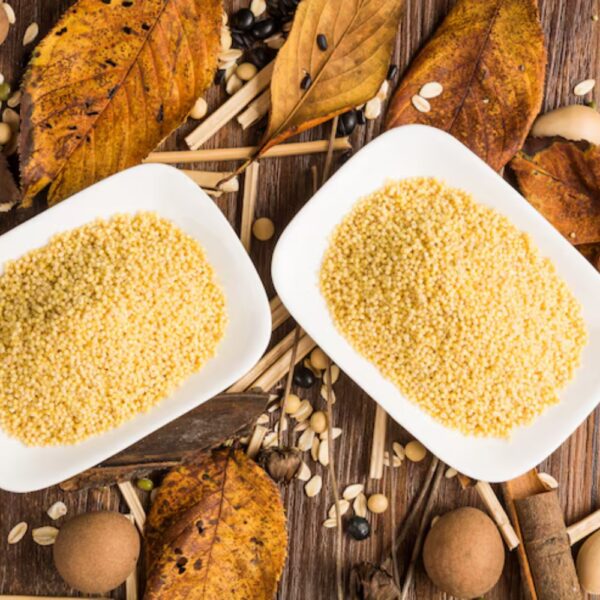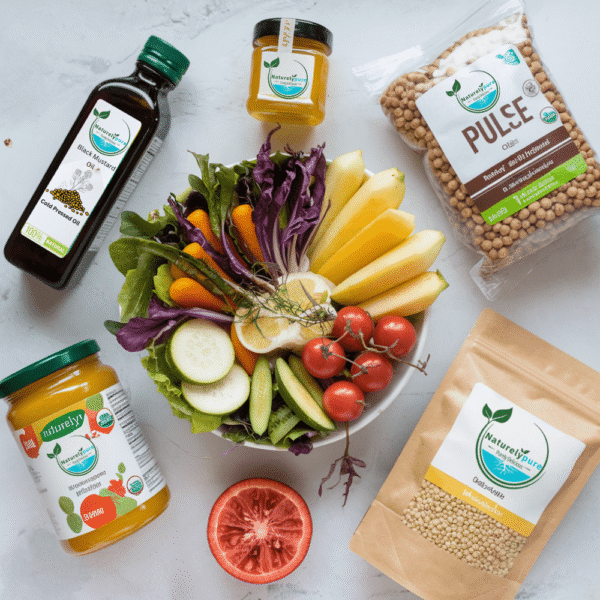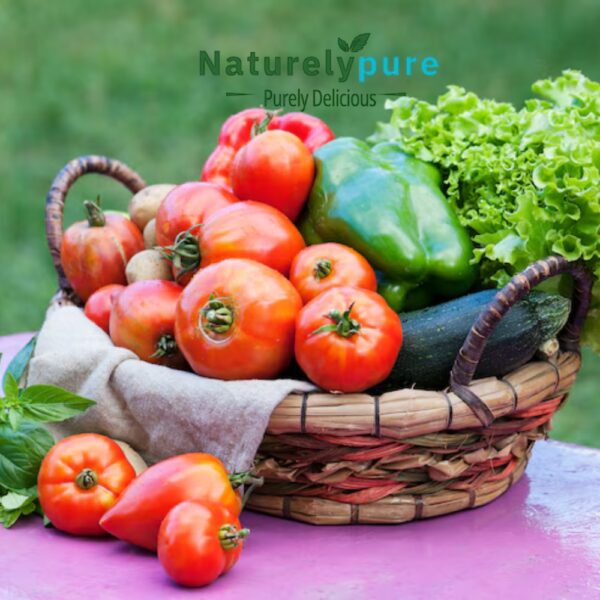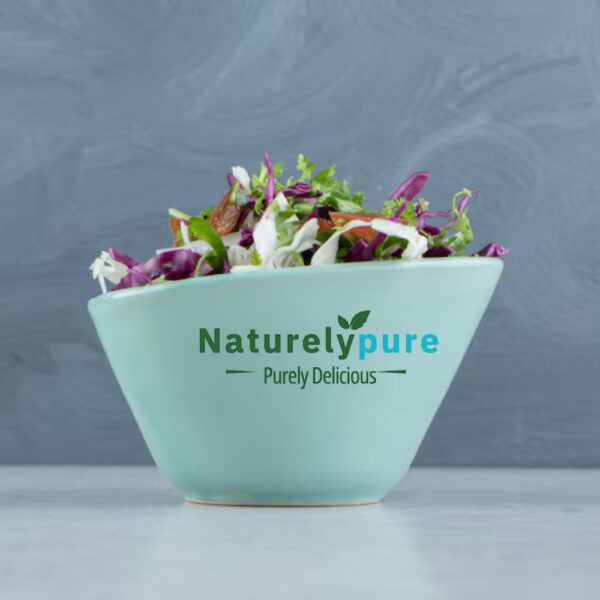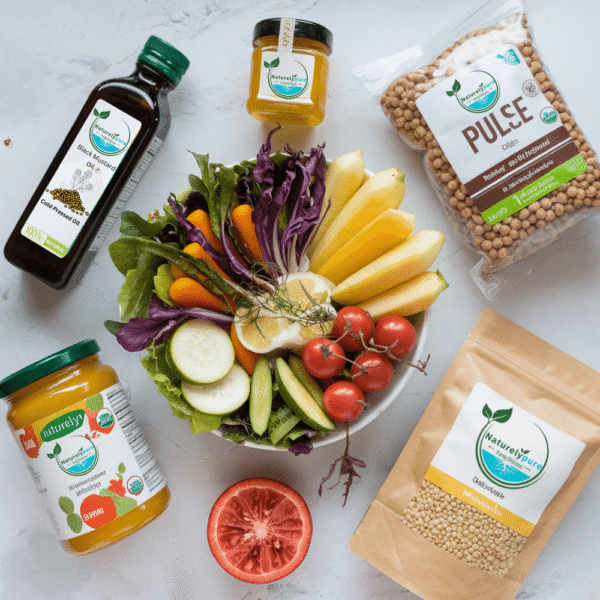Organic vs Natural Foods: What’s the Real Difference?
What to Choose: Organic vs Natural Foods?
When you step into a supermarket and pick up a packet labeled organic or natural, it’s easy to wonder—are they the same? The simple answer is no. While both terms are associated with healthier eating and cleaner food, they carry very different meanings.
Understanding these differences not only helps you make better decisions for your family’s health, but also ensures you spend your money wisely. Let’s break down what these terms actually mean and why the distinction matters in your everyday life.
What Does “Natural” Mean?
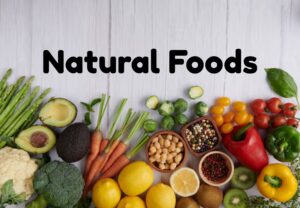
Natural foods are all about purity and minimal processing. They are foods that stay as close to their original form as possible, without artificial chemicals or heavy treatments.
Key Features of Natural Foods:
- No artificial additives: Free from synthetic colors, flavors, or preservatives.
- Minimally processed: Nutrients remain intact, just like in their raw form.
- Safer daily consumption: No harsh chemicals or over-processing that could harm long-term health.
- Common Examples of Natural Foods include cold-pressed oils, raw honey, chemical-free pulses and grains, and natural jaggery.
What Does “Organic” Mean?
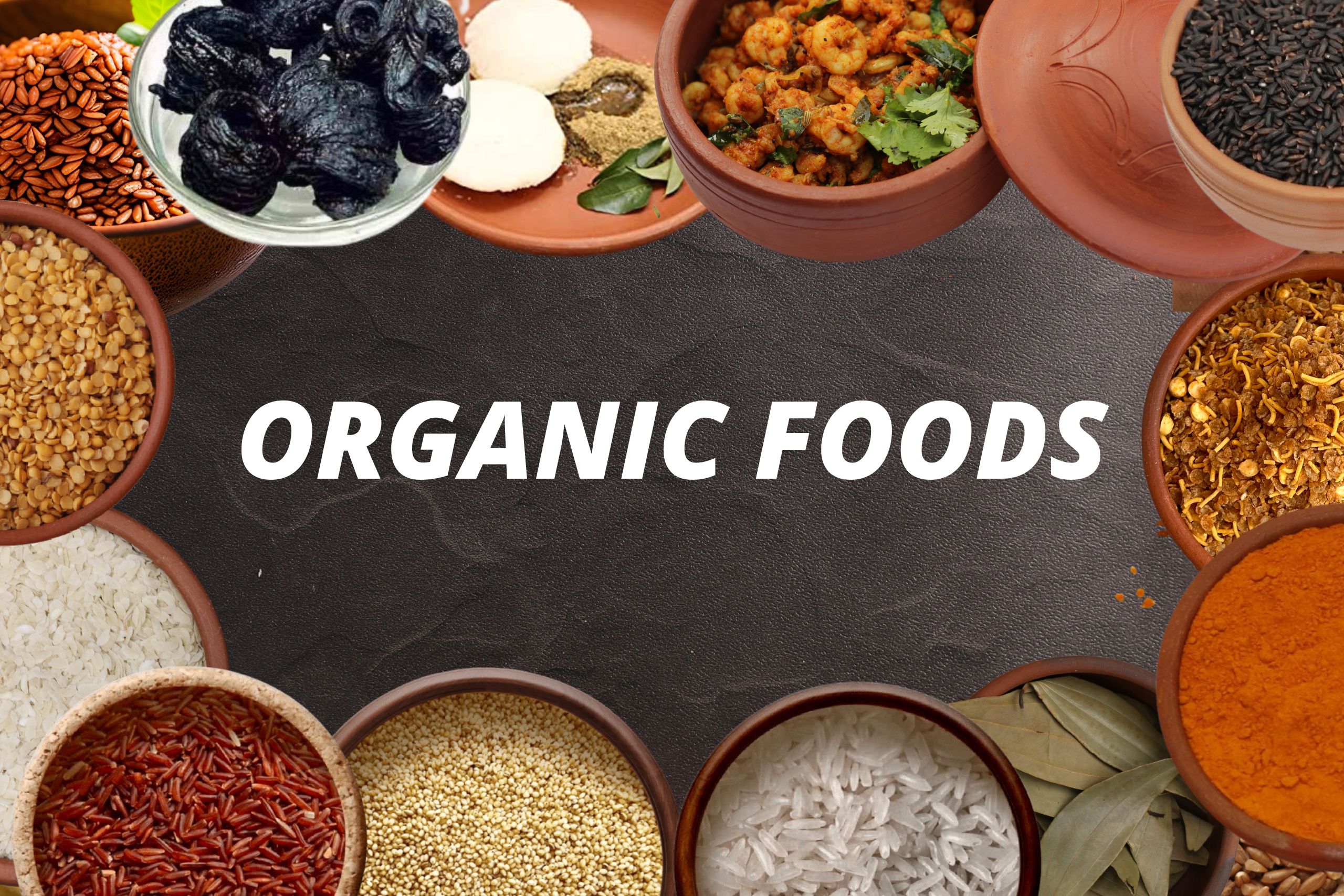
Organic foods, on the other hand, are about strict farming regulations. They require farmers to follow specific guidelines and certifications.
Key Features of Organic Foods:
- No synthetic chemicals: Free from fertilizers, pesticides, or genetically modified organisms (GMOs).
- Certification is mandatory: In India, labels like NPOP (National Program for Organic Production) or PGS-India certify authenticity.
- Higher costs: Organic farming is resource-intensive and certification adds extra expenses.
Organic vs Natural Foods: Key Differences
|
Natural Foods |
Organic Foods |
| Minimal, chemical-free, no artificial additives | Minimal, with strict organic farming rules |
| Certification not required | Mandatory certification (NPOP / PGS-India) |
| Traditional, often chemical-free farming methods | Certified organic practices only |
| Affordable for households | Relatively expensive |
| Best for daily healthy living | Best for premium, health-conscious buyers |
Why Natural Foods Make More Sense for Daily Life
Organic foods are excellent, but let’s face it—they’re not always practical for Indian households. Natural foods, however, strike the perfect balance between health, affordability, and sustainability.
Benefits of Choosing Natural Foods Daily:
- Budget-friendly: You don’t pay extra for certifications.
- Cleaner ingredients: They avoid preservatives, synthetic additives, and harsh chemicals.
- Rooted in tradition: Many natural food practices are the same as what our grandparents followed.
- Eco-friendly: By supporting natural farmers, you encourage chemical-free farming without the burden of certification costs.
How to Check If a Product is Organic in India
If you are buying organic products, make sure you’re not being misled by false claims. Here’s how to verify authenticity:
- Look for the Jaivik Bharat green logo on the packaging.
- Check certification details like NPOP or PGS-India.
- Scan the QR code (if available) to trace the product back to its source.
- Be cautious of misleading labels like “chemical-free” without certification.
Smart Natural Swaps for Everyday Living
Making small but smart switches in your kitchen can have a huge impact on your health:
- Replace refined oils with cold-pressed oils for better nutrition.
- Switch to A2 Gir Cow Ghee, known for improving digestion and immunity.
- Choose chemical-free pulses and grains for healthier daily meals.
- Sweeten your food with raw honey and natural jaggery instead of refined sugar.
Sustainability & Lifestyle Choice
Beyond health, your choice between organic vs natural foods has an impact on the environment. Organic farming reduces chemical use, but due to certification costs, it’s not always feasible for small farmers. Natural farming, while less regulated, is often just as safe and more sustainable. By choosing natural foods, you support local farmers, reduce chemical dependency, and promote a lifestyle that is kinder to the planet.
Verdict: Organic vs Natural Foods?
Both organic and natural foods have their own place in healthy living. Organic foods come with certifications and strict rules, but natural foods are often the smarter, more sustainable choice for daily life—affordable, chemical-free, and closer to nature.
At Naturely Pure, keeping aspect of Organic vs Natural foods in mind, we believe wellness should be accessible to everyone. Our range of cold-pressed oils, A2 Gir Cow Ghee, and chemical-free staples are designed to bring purity and tradition straight to your home.
Explore our Natural Products Collection at Naturely Pure and take your first step towards a cleaner, healthier lifestyle today.
Choosing between organic vs natural foods doesn’t have to be complicated. Think of organic foods as a certified premium option, while natural foods are your practical, everyday companion—affordable, chemical-free, and closer to traditional eating habits. By adding more natural products to your kitchen, you can enjoy purity, nutrition, and sustainability without overspending.
FAQs: Organic vs Natural Foods?
Is organic food healthier than conventional or natural food?
Organic food isn’t always more nutritious than conventional or natural food, but it reduces pesticide exposure and supports chemical-free farming. Research shows organic produce may contain slightly higher antioxidant levels, but the main benefit is fewer synthetic chemicals. Natural foods can offer the same health advantages without the higher price tag.
What does ‘natural’ mean on food labels compared to ‘organic’?
Natural means the food is minimally processed and free from artificial additives, while organic means it is grown under strict certified farming practices without synthetic fertilizers, pesticides, or GMOs. In India, organic foods require certification like NPOP or PGS-India, whereas natural foods don’t.
Why is organic food more expensive?
Organic food is more expensive because it requires certification, eco-friendly farming, and often yields smaller harvests compared to conventional methods. From soil preparation to pest control, organic farming avoids synthetic chemicals and involves labor-intensive methods, raising costs.
Does organic farming benefit the environment more than conventional farming?
Yes. Organic farming supports soil health, reduces chemical pollution, and promotes biodiversity, making it more eco-friendly than conventional farming. By avoiding synthetic fertilizers and pesticides, organic practices protect water sources, encourage pollinators, and improve soil fertility.
Are there real nutritional differences between organic and conventional foods?
Nutritional differences are minor. Organic foods may have slightly higher antioxidant levels, but the biggest benefit is reduced pesticide residue. Studies show little variation in vitamins and minerals between organic and conventional foods, but natural foods, if chemical-free, can provide similar benefits.


